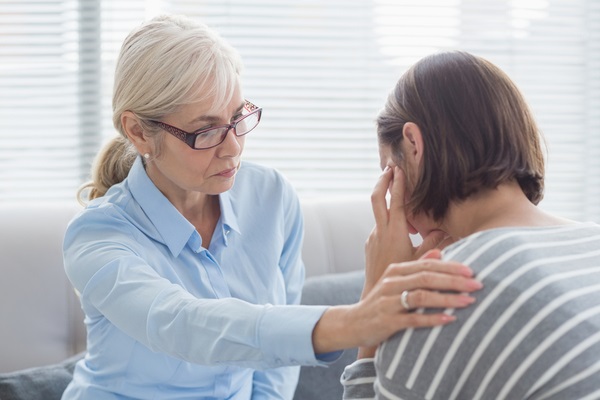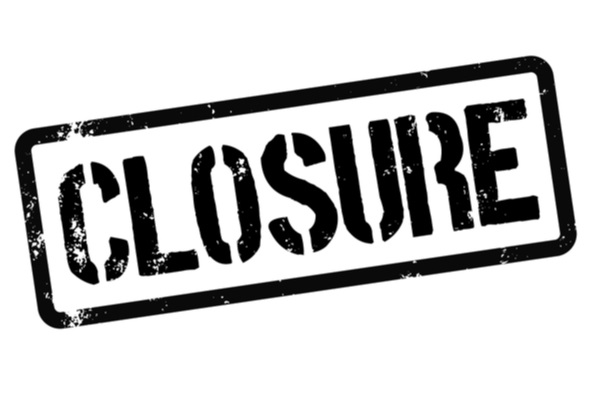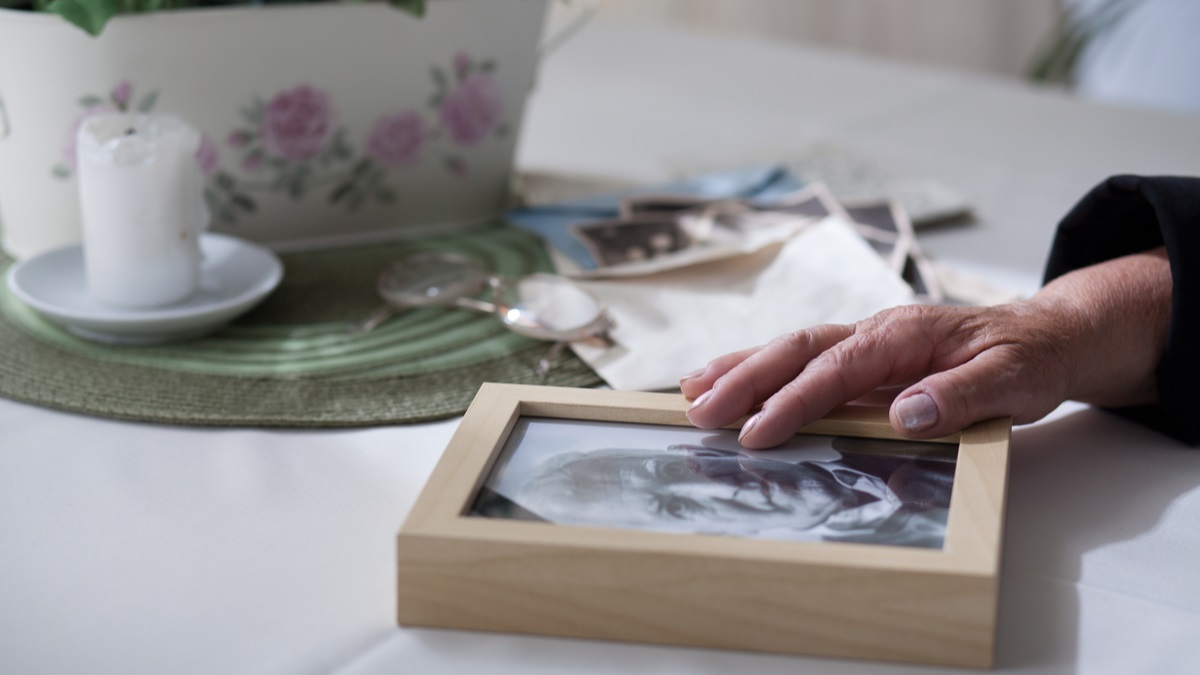Shock. Pain. Grief. Disbelief. All of these are emotions you might be faced with after your spouse passes away. An event such as this can leave you shaken and dazed, as life continues on, seemingly without any concern for you and your loss. Eventually, this haze of surreal feelings will fade, leaving one question on your mind: what will you do now?
The death of a spouse is a life-changing event that can be unimaginably painful, and only those who have experienced it can truly speak of what it feels like. We can’t imagine the pain you are feeling now, or the uncertainty that you may be faced with. Shallow platitudes are of little avail in easing this pain, so we’ll spare you the trite, tired truisms.
Nevertheless, the aforementioned question you are no doubt left asking must be answered. What will you do now? This is the topic we will attempt to broach today, in the hopes of making the healing process less painful. With that goal in mind, let’s look at some things you can do to make the process of moving forward just a bit more bearable.
See a therapist

After the death of your spouse, friends and family will no doubt quickly overwhelm you with well-wishes and sympathy. Although usually motivated by a genuine desire to help, this sympathy is often of little actual help, and can even have negative results for your mental health and wellness.
During this period in your life, it is crucial that you preserve and nurture your mental health. A sense of mental and emotional stability will help you regain your bearings and prevent you from falling prey to depression, eating disorders or other types of mental distress. Unfortunately, this stability is often not to be found with well meaning friends and family.
Instead, it is advisable that you seek professional counseling from a licensed therapist, even if you don’t feel an immediate need for it. Therapy will allow you to express emotions you may not have even been aware you had, and will ensure that you have a secure, safe place to deal with these emotions in a healthy manner.
Gain closure

Another important step in the healing process is closure. It’s difficult to move on when things constantly remind you of the past and reawaken memories that are better left undisturbed. This is not to say that you should forget your former partner or abandon their memory; it simply means coming to terms with the fact that this chapter in your life has come to a close.
There are a variety of ways in which one can obtain closure after the loss of a spouse, such as donating some of their things to charity, relocating to a new home or even moving to a different city. Perhaps find a real estate agent, and familiarize yourself with the local housing market. Don’t rush the process; letting go takes time, and no task of such magnitude has ever been accomplished in a day.
This is a gradual affair, and it wouldn’t do to rush things. You have to decide the pace at which you let go of the past, and only you can say when you are ready to let go of the reminders of your loved one. With time, as you come to terms with the way things are now, you’ll be able to read that chapter once again, without letting it stop you from writing the next.
Live your life

Finally, it is important to remember that life continues. After the death of a spouse, it may feel like life has ground to a screeching halt but at some point, you must go on. This isn’t to say you should go on as if nothing has happened; rather, you must rebuild your life, acknowledging the past without being controlled by it.
This can mean any number of things, from adopting a new exercise regimen to discovering new hobbies to eventually finding a new partner, if you consider yourself ready. No matter how you approach this challenge, the important thing to focus on is finding and creating new opportunities to be mentally, socially and physically active. Not only this, but doing so will help you alleviate anxiety and depression.
In creating a new life for yourself, you’ll find that every day things get a bit easier. Making new friends will gradually become easier, new hobbies will allow you to work through the pain in a healthy way, and physical activity will stimulate your mind and body. Although it may seem difficult at first, creating this new life for yourself will be of great benefit to you in the long run.
Join new communities

Another thing that may help you heal is joining a community of like minded individuals. Whether it’s a support group of other recently bereaved individuals or a volunteer group helping serve meals to the hungry, joining a community like this will help you meet like minded people and do some good.
As a volunteer or community member, you’ll be able to take your focus off of your bereavement and begin to shift it towards helping others and improving the lives of the less fortunate. It will help you put your loss in perspective, and open your eyes to the fact that life continues, even after our loved ones leave us. At the end, this is what really matters.
Conclusion
If your loved one has recently passed away, there are no words we could offer to ease your pain. There is no easy solution, no simple 3-step plan to deal with grief. All we can offer you is the promise that things will get better. The wounds will heal. Not easily, not quickly, and perhaps never fully; but in time, the wounds will heal.


